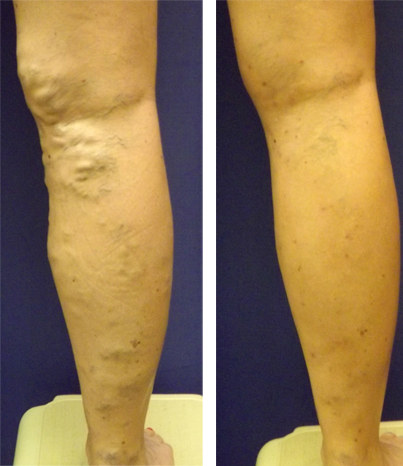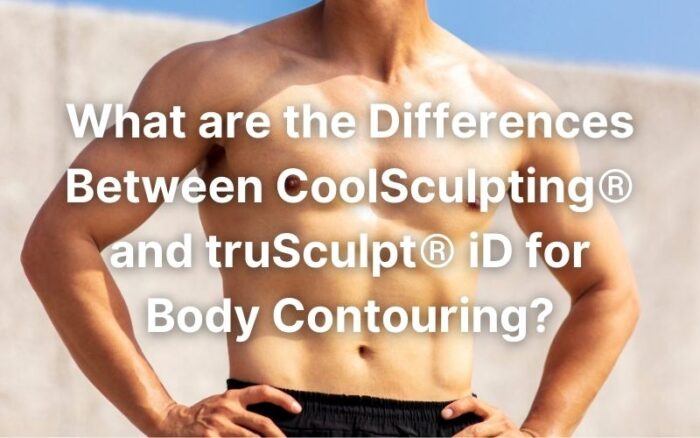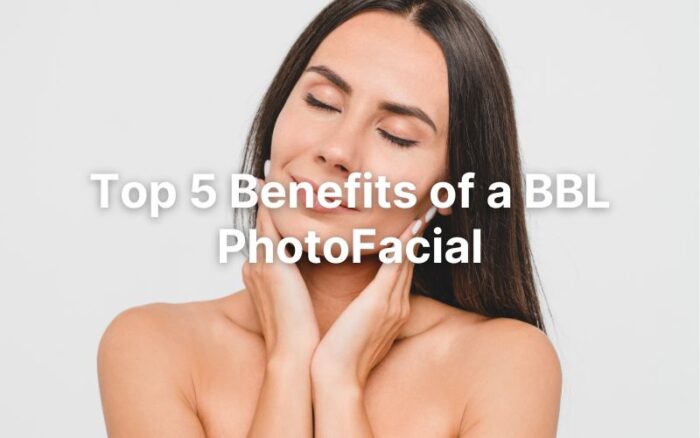If you have visible, bulging, discolored veins in your legs, you may have problems with your venous circulation. These varicose veins may signal that you should schedule an evaluation with a vein specialist. While not all varicose veins are symptomatic, they might still be signs of a deeper underlying problem called venous insufficiency.
What are Varicose Veins?
Varicose veins have a raised, rope-like appearance and may look blue or purplish. They occur when blood pools in the veins and makes them expand and weaken. While some varicose veins may never cause any problems, they often indicate a progressive problem with the veins in your legs. Varicose veins should not be confused with spider veins, which usually appear as thread-like red, blue, or purple lines under the skin. While varicose veins often cause symptoms, spider veins cause only cosmetic issues.



